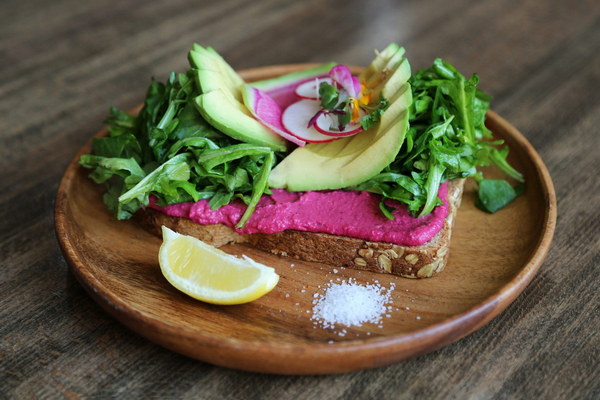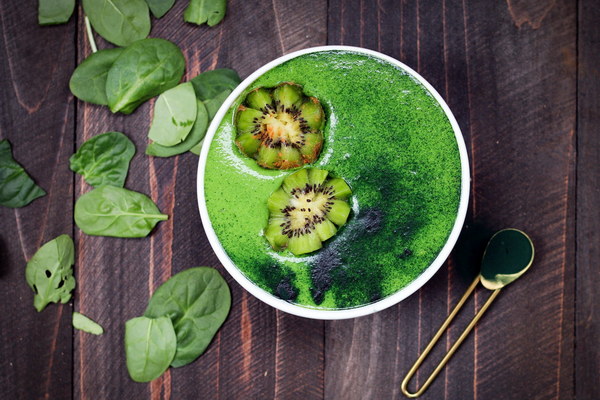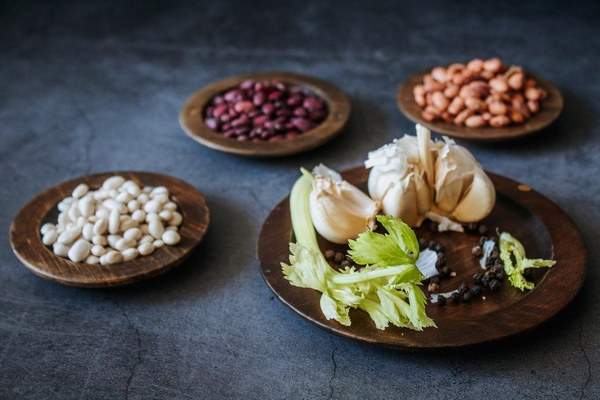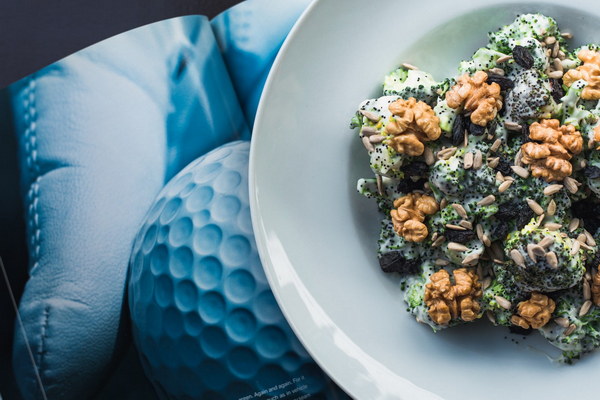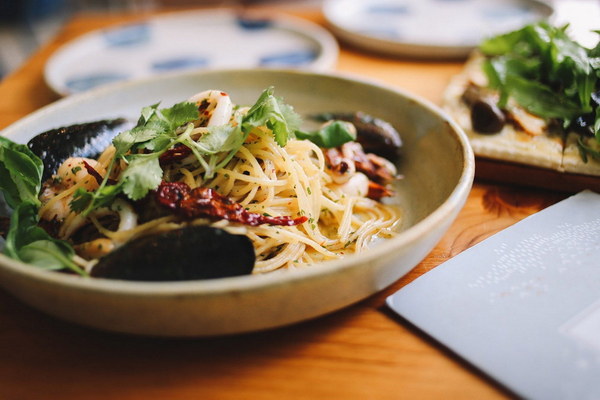Nourishing Meals for Tongue Cancer Patients A Comprehensive Guide to Nutritional Support
Tongue cancer is a serious condition that requires not only medical treatment but also proper nutrition to support the body's healing process. Nourishing meals play a crucial role in providing the essential nutrients that patients need to maintain their strength and improve their overall quality of life. In this article, we will explore a comprehensive guide to nutritional support for tongue cancer patients, highlighting the importance of various food groups and dietary recommendations.
1. Importance of Nutrition in Tongue Cancer Treatment
Proper nutrition is essential for tongue cancer patients for several reasons:
- To maintain strength and energy levels: Cancer treatments can be exhausting, and adequate nutrition helps patients maintain their energy to cope with daily activities.
- To support the immune system: A strong immune system is crucial for fighting cancer cells and preventing infections.
- To aid in recovery: Good nutrition can accelerate healing and reduce the risk of complications.
- To manage side effects: Certain dietary adjustments can help alleviate side effects like nausea, loss of appetite, and mouth sores.
2. General Dietary Recommendations
To ensure optimal nutrition, tongue cancer patients should follow these general dietary guidelines:
- Consume a balanced diet: Aim for a variety of food groups, including fruits, vegetables, whole grains, lean proteins, and healthy fats.
- Stay hydrated: Drink plenty of fluids, such as water, herbal teas, and clear broths, to stay hydrated and prevent dehydration.
- Modify textures and flavors: Adjust the texture and flavor of foods to accommodate changes in taste and swallowing abilities.
- Seek professional advice: Consult with a registered dietitian or nutritionist for personalized dietary recommendations based on individual needs and preferences.
3. Foods to Include in the Diet
a. Fruits and Vegetables: These are rich in vitamins, minerals, antioxidants, and fiber, which help support the immune system, reduce inflammation, and aid in digestion. Include a variety of colorful fruits and vegetables in the diet, such as:
- Berries (strawberries, blueberries, raspberries)
- Leafy greens (spinach, kale, collard greens)
- Cruciferous vegetables (broccoli, cauliflower, Brussels sprouts)
- Citrus fruits (oranges, grapefruits, lemons)
b. Whole Grains: These provide essential nutrients, such as fiber, vitamins, and minerals. Incorporate whole grains into meals and snacks, such as:
- Brown rice
- Oats
- Quinoa
- Whole grain bread and pasta
c. Lean Proteins: Proteins are crucial for tissue repair and immune function. Include lean protein sources, such as:
- Fish (salmon, tilapia, cod)
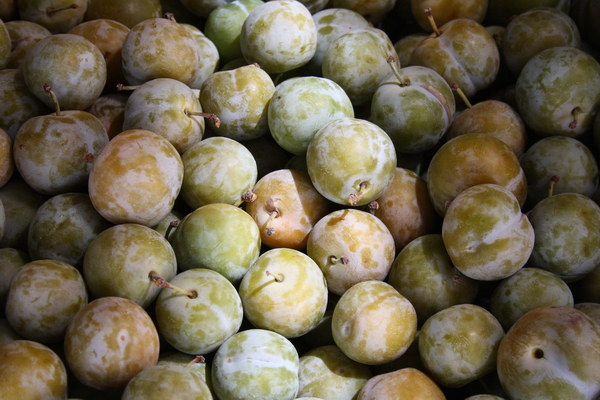
- Poultry (chicken, turkey)
- Lean beef, pork, and lamb
- Eggs
- Tofu and legumes
d. Healthy Fats: Healthy fats are important for nutrient absorption and hormonal balance. Include sources of healthy fats in the diet, such as:
- Avocado
- Nuts and seeds (almonds, walnuts, chia seeds)
- Olive oil
- Fatty fish (salmon, sardines, mackerel)
4. Foods to Avoid or Limit
Certain foods may exacerbate side effects or hinder digestion, so it's essential to be mindful of the following:
- Spicy or acidic foods: These can irritate the mouth and throat, causing pain and discomfort.
- Rough textures: Foods with rough textures can be difficult to swallow and may irritate the mouth and throat.
- High-fat and processed foods: These can be difficult to digest and may contribute to fatigue and weight gain.
- Alcohol and caffeine: These substances can dehydrate the body and exacerbate side effects.
5. Tips for Nourishing Meals
- Soften textures: Cook foods until they are soft and easy to chew and swallow.
- Blend or puree: Use a blender or food processor to create smooth soups or purees.
- Use supplements: If needed, consult with a healthcare professional about incorporating supplements, such as Ensure or Ensure Plus, to ensure adequate nutrient intake.
- Adapt recipes: Modify recipes to suit individual preferences and dietary restrictions.
In conclusion, proper nutrition is a vital component of tongue cancer treatment and recovery. By following these dietary guidelines and incorporating a variety of nutritious foods, patients can support their body's healing process, maintain their strength, and improve their overall quality of life. Always consult with a healthcare professional or registered dietitian for personalized advice and support.

